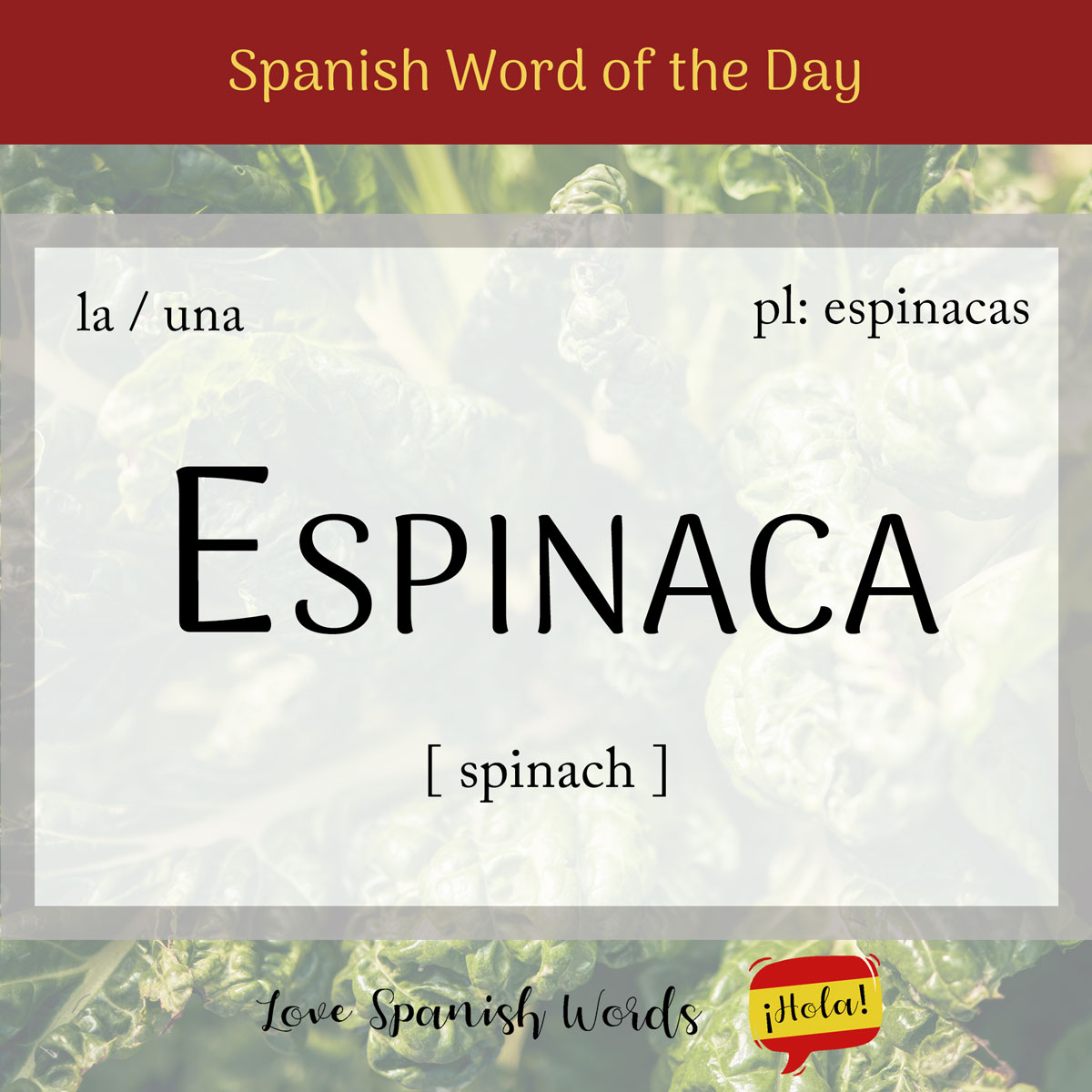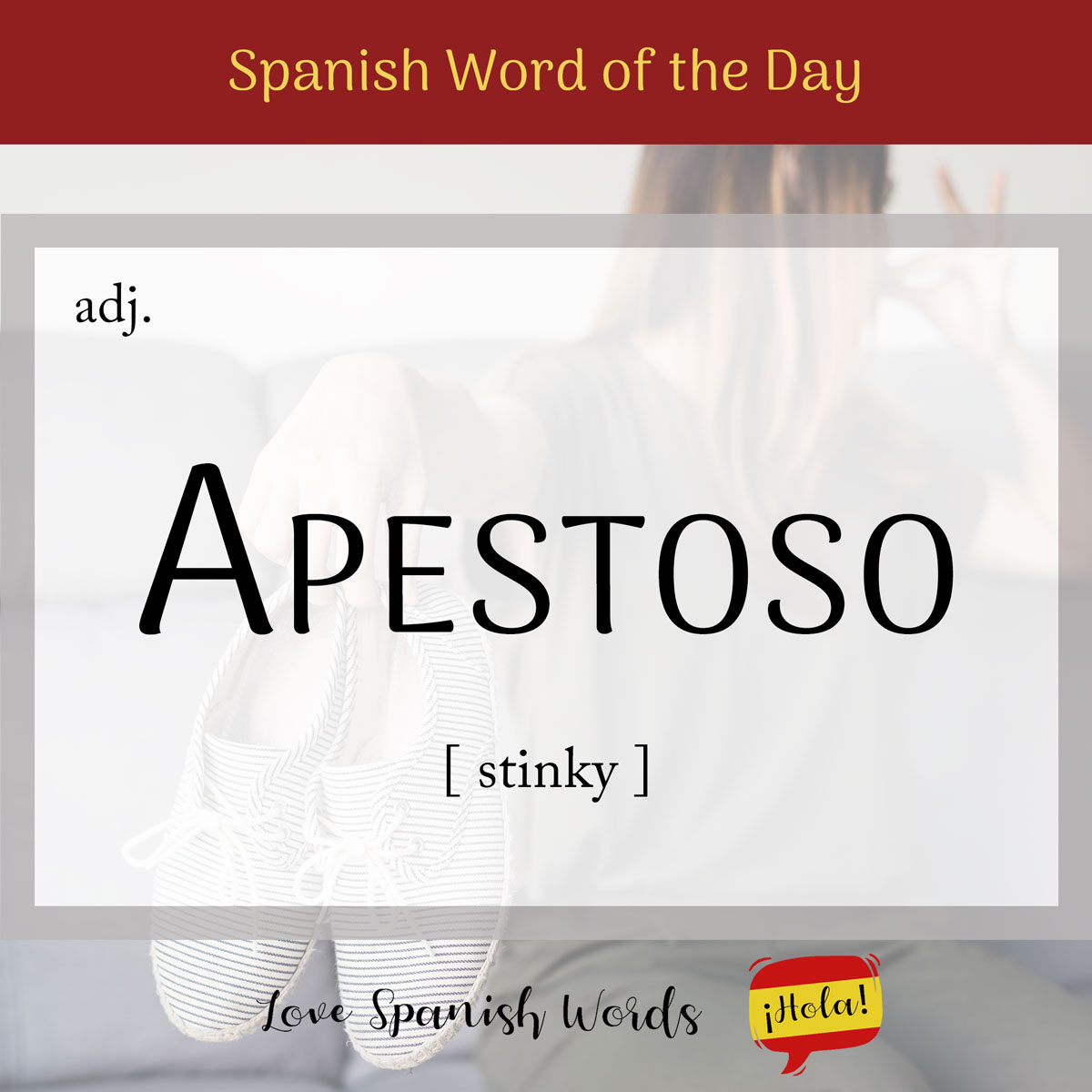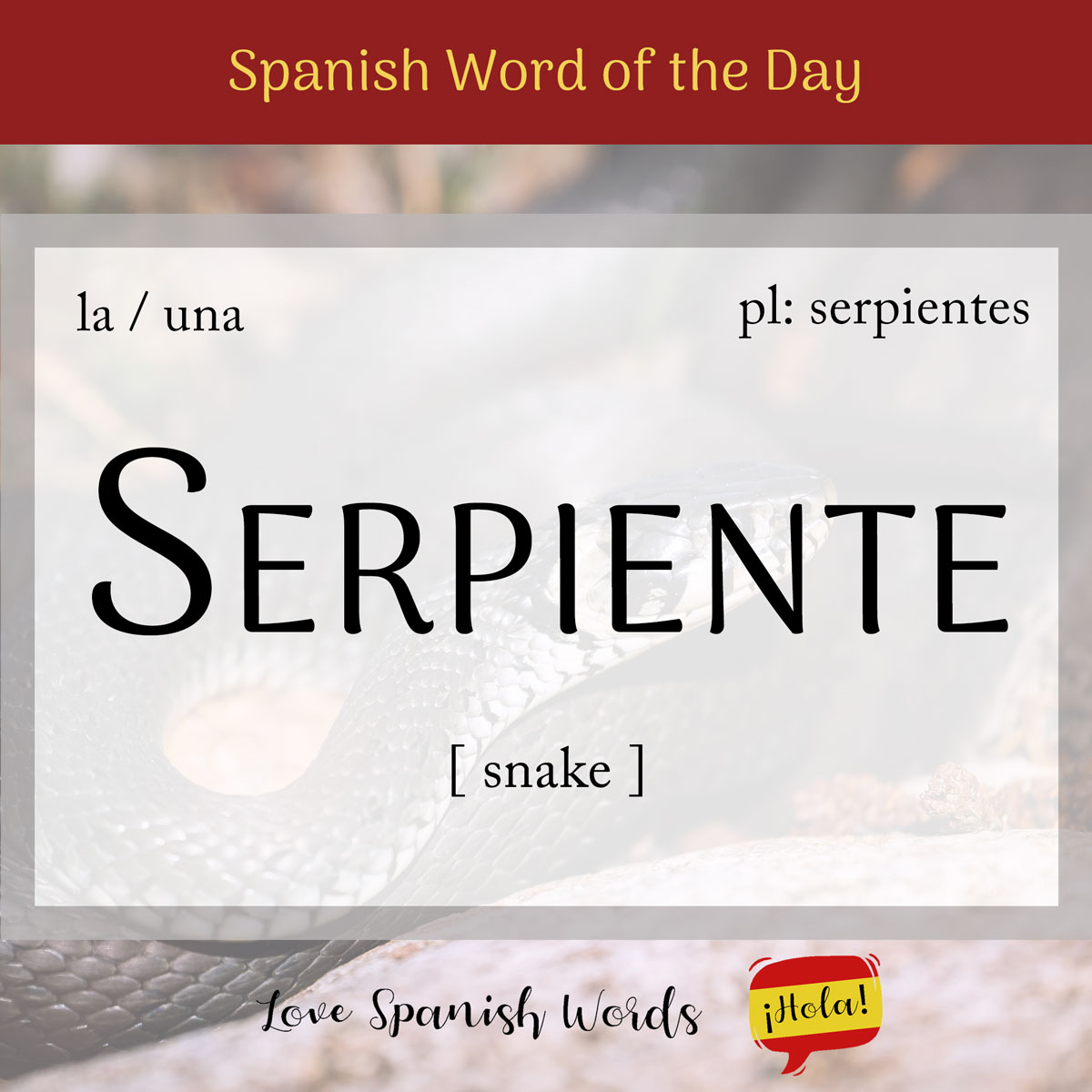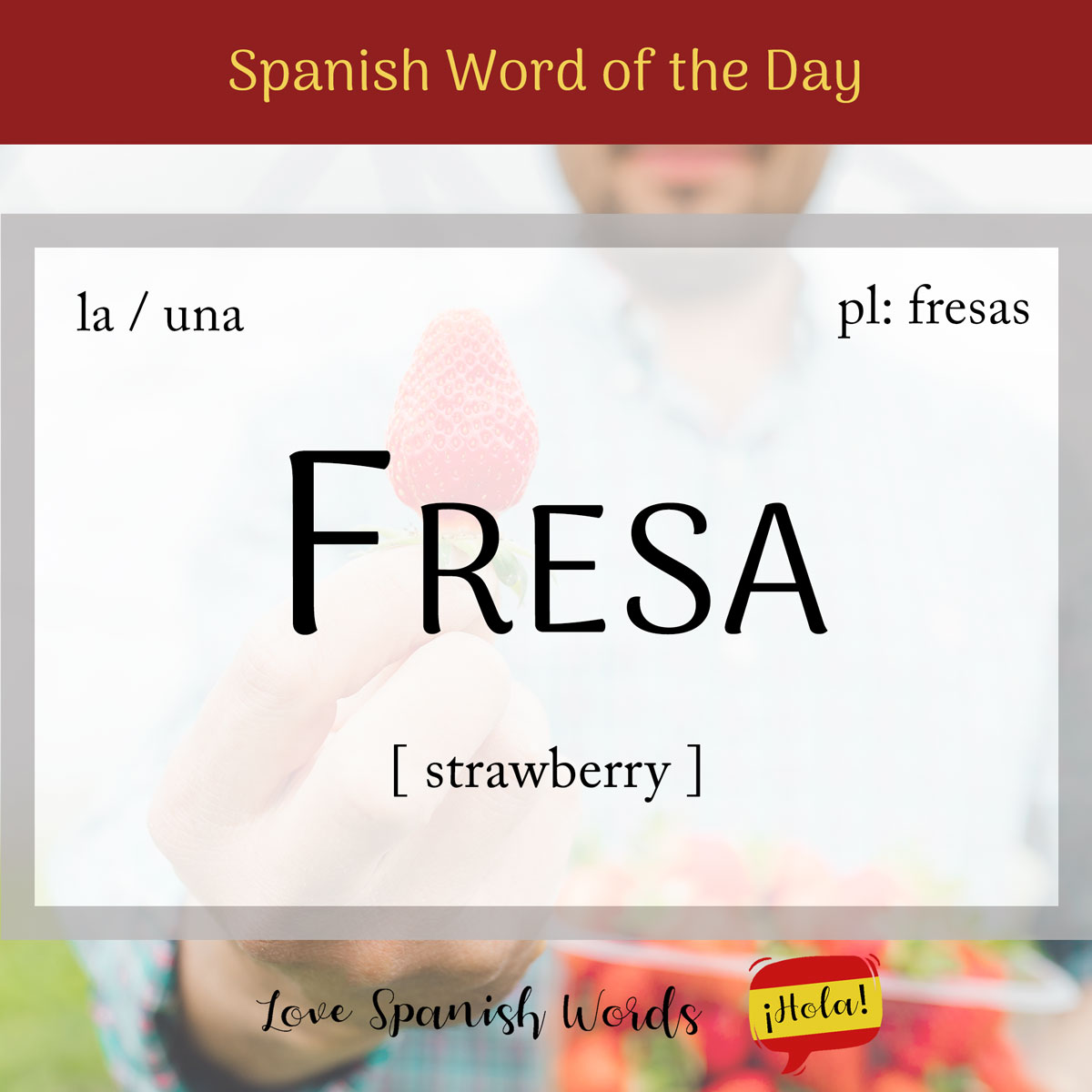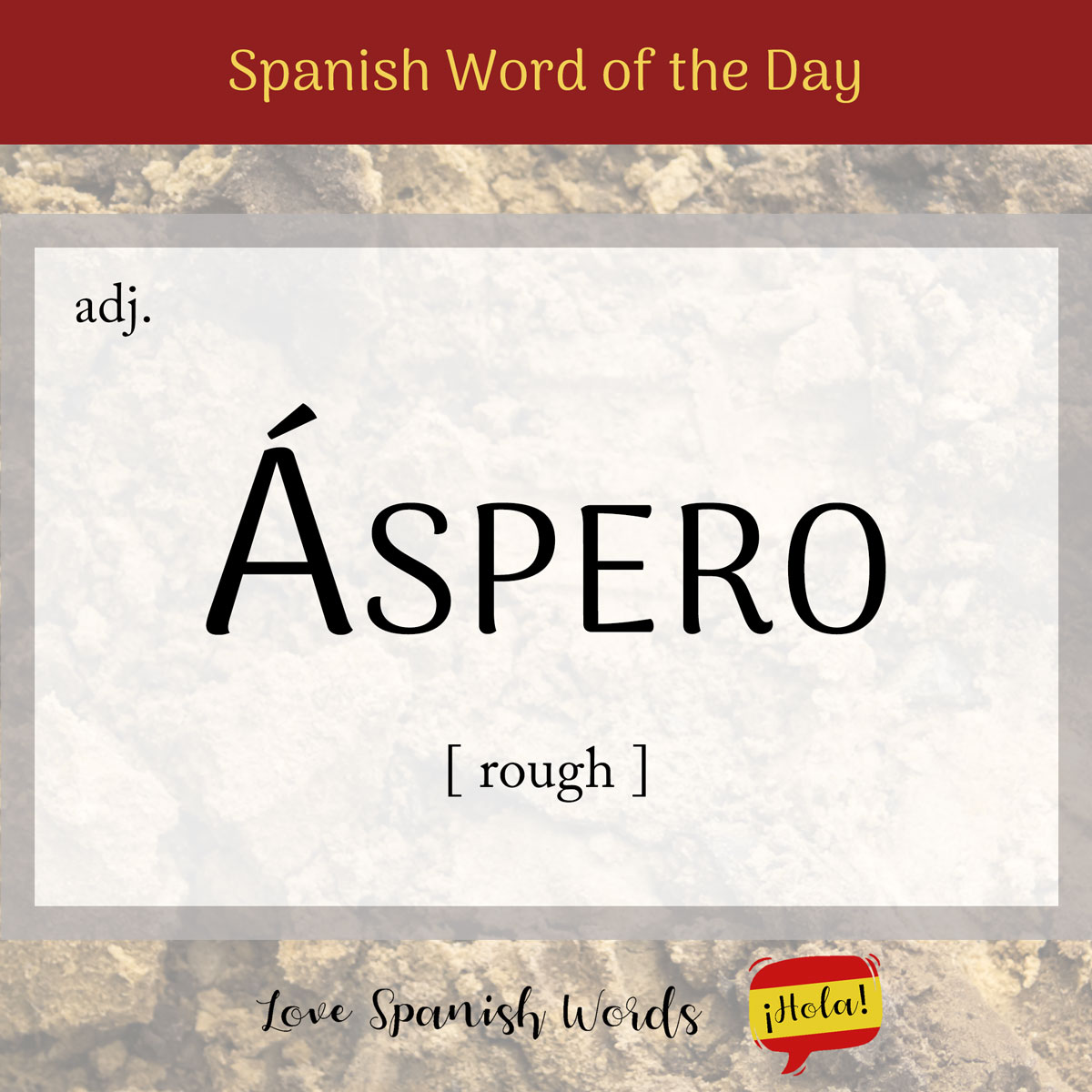Spanish Word of the Day: Espinaca (spinach)
The word Spanish word espinaca, which means spinach in English, derives from the Arab word ispanakh. Spinach itself originated in old Persia (now Iran) where it was cultivated for the first time. Since being cultivated, it has become a basic vegetable used in many dishes around the world. Latin American Pronunciation European Pronunciation Espinaca is …

